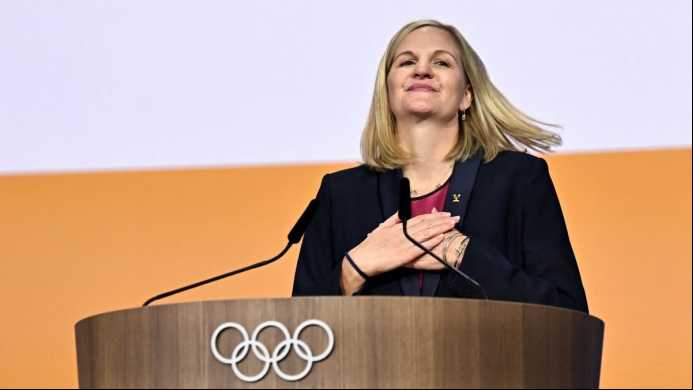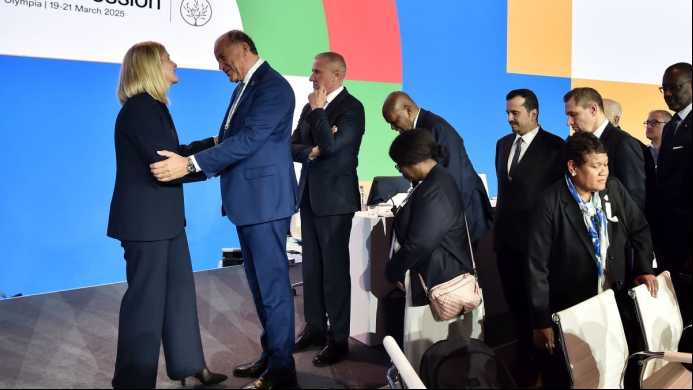Search for information
“The Golden Girl” Usher in a New Era of the Olympics“The Golden Girl” Usher in a New Era of the Olympics
April 9, 2025, 3:14 pm EDT
“The Golden Girl” Usher in a New Era of the Olympics

Source: Images from the Internet, if there is any infringement, please contact the removal of


The Indian Temple in New Jersey: A Glimpse of Indian Culture in the United States
The Indian Temple in New Jersey: A Glimpse of Indian Culture in the United Statesmore

Disney Releases New Concept Art for 'Fantastic Four: First Steps'
Disney Releases New Concept Art for 'Fantastic Four: First Steps'more

A Mutant Against All Odds? The new Fantastic Four.
A Mutant Against All Odds? The new Fantastic Four.more

Merger of ATA and DTA Reshapes the Landscape of Digital Healthcare Services
Merger of ATA and DTA Reshapes the Landscape of Digital Healthcare Servicesmore

FDA Severely Hit, Pharmaceutical Company Stocks Plummet
FDA Severely Hit, Pharmaceutical Company Stocks Plummetmore

Is Amanda Bynes, the Former American Sweetheart and Sexy Starlet, Set to Make a Comeback?
Is Amanda Bynes, the Former American Sweetheart and Sexy Starlet, Set to Make a Comeback?more



